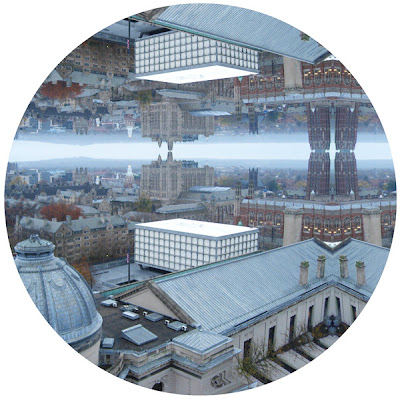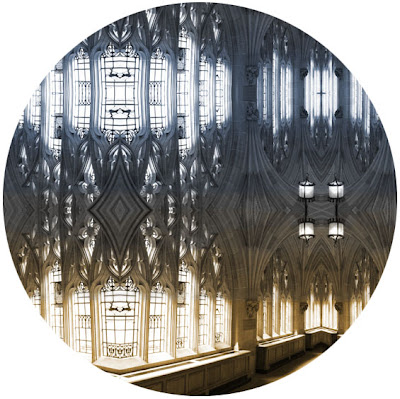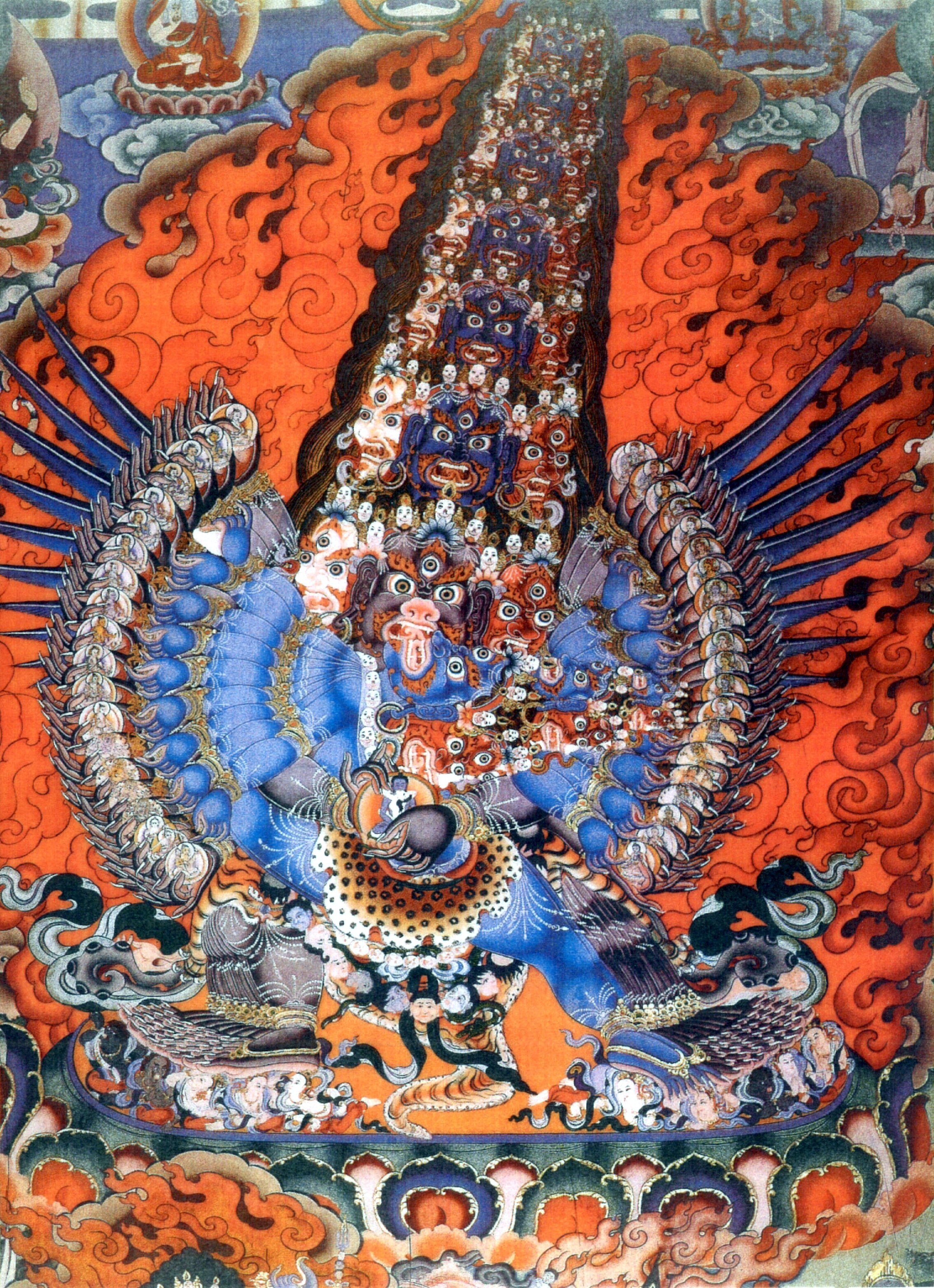When you close your eyes and open them again, you are most likely not shocked by your immediate surroundings. Why? Because there is usually nothing out of the expected, that is, you remain in the time and place where you would have expected or believed that you last left off before you closed your eyes. But what you do not question further is why and how you came to expect the continuation of your existence in this particular point in spacetime after opening your eyes – not just your existence in this particular point, but also your existence as you.
The key is that you cannot prove or disprove the state of existence of anything or any event unless you are constantly perceiving it and/or direct evidence of it. Assuming you could not possibly perceive every and any event simultaneously forever, there always exist an infinite number of possible alternate events that could have happened, are happening, or will happen outside of your perception. Therefore the way you choose to interpret, invent, or interact with your memory of the past dictates the way you exist in the present. But what is memory exactly? And what is its relationship with reality?
How do you know if what you remember as having happened actually happened in reality or whether an alternate story happened instead that led to the same exact outcomes? Or perhaps you only ever came into existence in the present moment with your memories pre-installed into your mind? And what about a moment into the future when the present will inevitably become the past? Depending on the level of skepticism you raise toward your continuous existence from the past to the present moment in such a particular time and place as such a particular person, however, you have varying degrees of ultimately unlimited freedom to manipulate the reality of the state of your existence depending on what exactly you are able to convince yourself into believing.
There seems to be an obvious but inescapably circular relationship between the perception of memory and the reality of the past. Compare the reflections of physical objects through mirrors with the recall of events through memories. A real object serves as an initial source of light that is then reflected onto a mirror and then into the perceiver's eyes. If the mirror is perfectly flat, then the image transferred from the mirror will be a perfect mirror-imaged representation of that object. However, if the mirror is warped or colored, then the image reflected off of that mirror into the perceiver's eyes will not be of accurate resemblance of the real object.
There seems to be an obvious but inescapably circular relationship between the perception of memory and the reality of the past. Compare the reflections of physical objects through mirrors with the recall of events through memories. A real object serves as an initial source of light that is then reflected onto a mirror and then into the perceiver's eyes. If the mirror is perfectly flat, then the image transferred from the mirror will be a perfect mirror-imaged representation of that object. However, if the mirror is warped or colored, then the image reflected off of that mirror into the perceiver's eyes will not be of accurate resemblance of the real object.
The only way to know whether an image reflected by a mirror were an accurate representation of the original object would be to directly look at the original object and compare it with the reflection, just as the only way to verify the accuracy of a memory of an event would be to look at a recording of the past. But the point we revisit is that unless we constantly perceive the original object or the recording of the actual event in the past, there is no way of proving or disproving the true state of anything outside of conscious perception. In other words, if you closed your eyes and stopped all your sensory perceptions, then the external state of reality may as well be the equivalent of the internal state of your mind.
What's more, even if not on a metaphysical level, the encoding of events in human memory is already contaminated with all sorts of secondary information that form the subjective human realm of experience, such as emotions or thought – if memory were a mirror, it would most certainly not be a flat one. Also our recall of the past is not usually a direct remembrance of an event through one memory, but instead through the memory of a memory of a memory and so on. The farther away from the original object or event, the more mirrors, the more room for manipulation of the reflection of an image, since any or all mirrors along the set of mirrors reflecting light from the original object to the eyes of the perceiver could be warped.
In the end, what reaches the eyes of the perceiver is not an image of an event but a reflection of a reflection of reflections which may or may not bare any accurate resemblance of the event that actually happened. So memory does not teach you anything about your current state of existence by giving you accurate information about the past – it's not a matter of knowing about the past; it's purely a matter of believing what you think you know about the past. No matter what may have happened in the past, it is only through recalling them in the present moment through perception that they even begin bare any existence at all. And for that matter, any memory is as good as another, so long as they lead to the same outcomes.
On the other hand, changing the past to affect the present and ultimately the future may not be a matter of changing the outcomes, but changing what you choose to believe as the reality of the process. Existence and identity are never dictated by the past since they can only ever be defined by how you choose to perceive your past within the present moment. In a circular way then, the past seems to be dependent on the present as much as the present seems to be dependent on the past, at least theoretically - but in a world where there are no true or false answers, what difference would it make? In a subjective universe where the exact way any given set of events happened in the past can never be objectively proven, all that could ever matter is how you actively perceive that set of events as having happened in the present moment.
Here is a list of questions to constantly consider:
Who was I yesterday?
Who will I be tomorrow?
Who am I today?
How many times have I lived my life?
How many times have I lived the same exact life?
How many different lives of different people have I already lived?
Have I ever actually lived, or have I been stuck in this very moment for all eternity?
Here is a list of questions to constantly consider:
Who was I yesterday?
Who will I be tomorrow?
Who am I today?
How many times have I lived my life?
How many times have I lived the same exact life?
How many different lives of different people have I already lived?
Have I ever actually lived, or have I been stuck in this very moment for all eternity?
In a universe where nothing can even seem to exist objectively without first being subjectively perceived, it matters not what anyone else tells you they perceive; it matters not what you think you have perceived; it matters not what you think you perceive. All that matters is what you believe you perceive.






